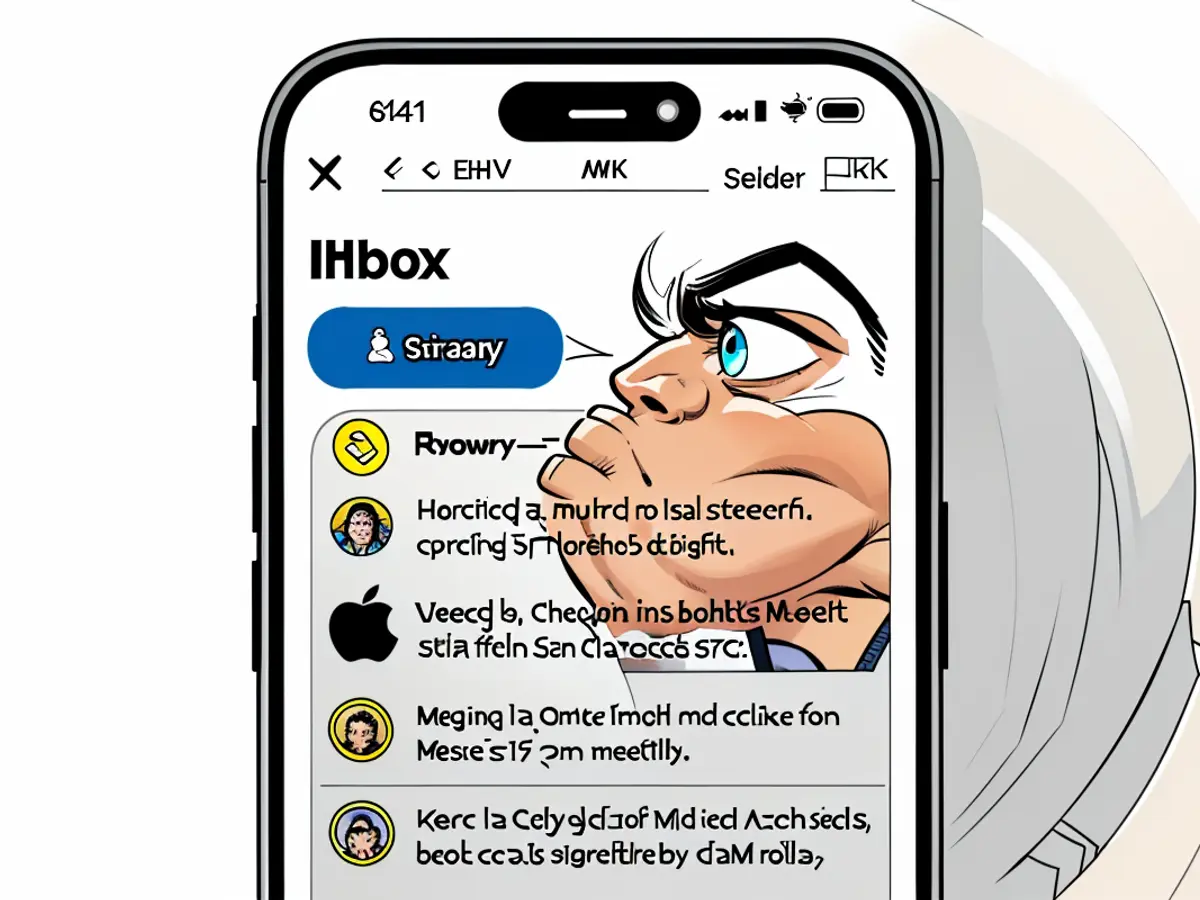Apple Intelligence Thinks Phishing Emails Are 'Priority' Messages
Apple Intelligence might be smart, but it has plenty to learn—including the fact that phishing emails aren't what they claim to be. (You actually haven't won any prizes, Apple Intelligence, so please don't wire anyone money.)
As reported by Android Authority, Apple Intelligence is currently struggling to weed out phishing and spam emails when prioritizing emails in its users' inboxes. The filtering is part of iOS 18.1's new Mail experience, which uses Apple Intelligence to scan your inbox and float the most important emails to the top of the list. In theory, you should open Mail in iOS 18.1 and see a curated list of time-sensitive emails from colleagues, companies, and friends, rather than the usual jumbled assortment of junk and spam. It's not quite working out that way for some users.
If you install the iOS 18.1 beta on your iPhone 15 Pro right now, phishing spam might not only be at the top of your inbox, but singled-out as a critical email. One user on the iOSBeta subreddit posted an example they came across when testing Apple Intelligence: The AI had decided an email from "Xfinity.com" was a priority, and highlighted it at the top of their inbox. Of course, anyone used to these kinds of emails would instantly spot it as a phishing scheme—the message notifies the user of an "account suspension due to billing issues," which can be remedied by reenrolling in automatic payments. Likely, there's a false website on the other end of the link that would happily scrape your credit card details, but Apple's AI couldn't tell the difference.
Other Redditors in the thread signaled similar experiences with Apple Intelligence's prioritizing spam and phishing emails, which suggests the AI is having trouble identifying these types of messages from real emails from companies and organizations.
Apple Intelligence is still in beta
To be fair to Apple, Apple Intelligence is in beta testing right now. In fact, iOS 18.1 marks the first rollout of Apple's AI system, and it's meant for developers to test out and provide feedback. You have to go through a few hoops to even get Apple Intelligence on your iPhone 15 Pro or M-series Mac or iPad at this point, so it isn't a widespread vulnerability with the tech (yet). After all, the point of beta testing is to root out these sorts of issues before the software is released to the general public, and Apple is probably two or three months away from that on its current timeline. (It helps, too, that only the iPhone 15 Pro and 15 Pro Max are able to run Apple Intelligence, limiting the number of affected users.)
However, beta or no, this is another example of the fact that current AI isn't a foolproof way to instantly make our technology better. As useful as some of these new features can be, AI can and will make mistakes. It can even "hallucinate," or make things up entirely. Hopefully by the time Apple does officially roll out Apple Intelligence to compatible devices, it will have trained the AI to be a bit more cynical about the contents of your emails. Personally, I'd rather it prioritize none of my messages than push me to address obvious scams ASAP.
In response to the issues with Apple Intelligence's email filtering, some users have suggested implementing a more skeptical approach, as even advanced AI systems like Apple's can sometimes "hallucinate" or mistakenly prioritize spam emails as important. Despite being in beta testing, Apple Intelligence's inability to distinguish between spam and legitimate emails highlights the limitations of current AI in providing foolproof solutions to technological challenges.
While tech advancements can significantly improve our daily experiences, it's crucial to remember that AI is not yet infallible, and errors may still occur. This email spam issue serves as a reminder that no technology should be relied upon blindly, and users must remain vigilant in critical situations.








